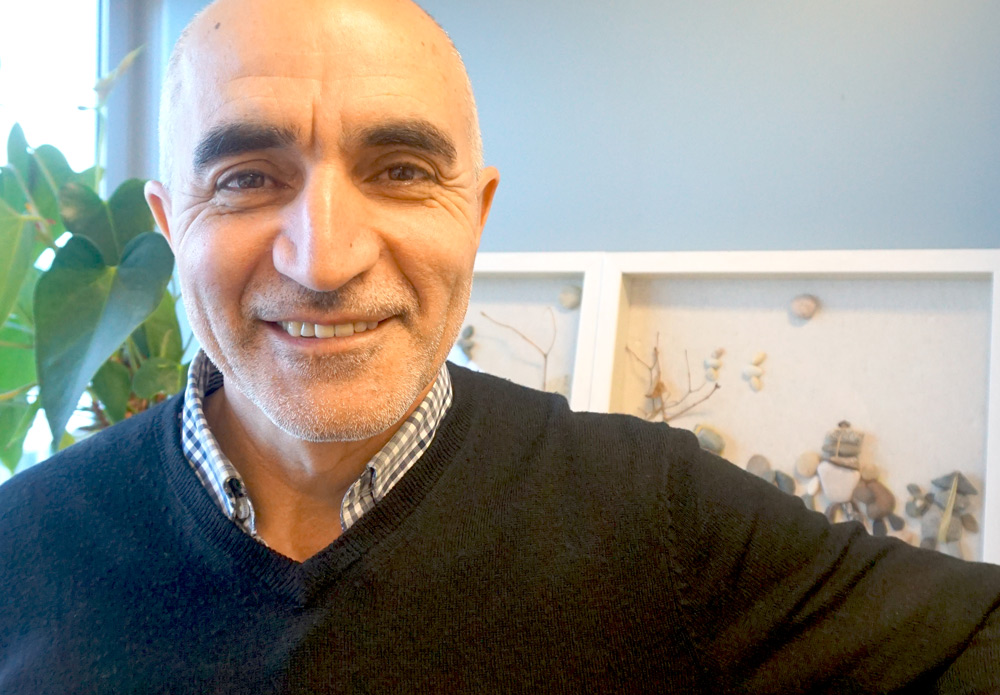Common medication used to treat patients following COVID-19 may benefit them by reducing virus target cells
Ryan O'Byrne - 9 April 2021

Associate professor in the School of Dentistry’s Division of Foundational Sciences Shokrollah Elahi and his team have shown that the SARS-CoV-2 virus can infect immature red blood cells, and also that dexamethasone can speed up maturity and help reduce infectivity.
Elahi, one of the foremost experts on immature red blood cells, recently showed that they play multiple roles in HIV infection, including making HIV target cells more susceptible to the virus. Thanks to the COVID-19 and Emerging Pathogens Fund, his team has been investigating how SARS-CoV-2 interacts with blood cells—particularly immature red blood cells—to infect the body, and the connection dexamethasone might have to infectivity.
The team began by isolating immature red blood cells from the blood of patients with COVID-19. From there, they cultured the cells with dexamethasone and found that the drug enhanced the cells’ maturation into fully developed red blood cells. After maturing, the red blood cells reduce the expression of two key receptors related to SARS-CoV-2, ACE2 and co-receptor TMPR-SS2. Those receptors happen to be the same ones used to infect the body.
“Our conclusion was that dexamethasone can reduce the infectivity of immature red blood cells to a COVID-19 virus,” Elahi said.
Normally, ACE2 and TMPR-SS2 are expressed on different cells in organs such as the lungs, heart and kidneys, and play an important anti-inflammatory role. However, in patients with COVID-19, there are indications dexamethasone might have different effects depending on early or late stage of the infection. According to Elahi, ongoing studies will explore this question further in the near future.
From zero to a million
Elahi’s project was one of six supported by the COVID-19 and Emerging Pathogens Fund established last year. The fund has primarily been driven by community donations, particularly during a campaign last May in association with Giving Tuesday Now that raised more than $200,000.
This funding has been an integral part of Elahi’s research into COVID-19, helping him springboard into a grant from the Canadian Institutes of Health Research for more than $1 million.
“When I decided to work on COVID-19, I started at $0,” he said. “The COVID-19 and Emerging Pathogens Fund support was very important because it allowed us to generate some preliminary data and establish some of the infrastructure we needed to grow the project. It was a kick-start to everything.”
“When you get funding—especially this type of funding—there are two impacts,” he said. “Of course, there is the impact of kick-starting research. But the other impact is that there is a kind of encouragement and a feeling that your idea, your proposal has been acknowledged.
“I truly appreciate the support of our donors."